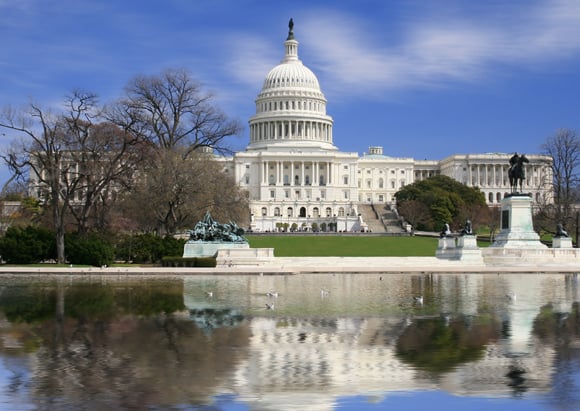NASAA worried that legislation could put investors at risk
Although the legislative highway has turned into a partisan parking lot on Capitol Hill this year, a bill that would allow companies to gather investments in tiny increments over the Internet appears to have hit the Senate on-ramp.
The Senate Banking Committee announced today that it will hold a hearing Dec. 1 to review bills that would help small businesses raise money and said that “legislative action” would quickly follow.
In recent weeks, the House has approved several bills by overwhelming bipartisan margins that would ease Securities and Exchange Commission registration rules.
One bill would allow start-up enterprises to pool up to $1 million through so-called online “crowd-funding” in individual investments of $10,000 or 10% of an investor's income, whichever is less. A related bill has been introduced by Sen. Scott Brown, R-Mass. It would cap individual investments at $1,000.
The House crowd-funding bill was endorsed by the Obama administration.
The Senate hearing could give the North American Securities Administrators Association a chance to make its case that the crowd-funding measure would to lead to speculative, risky offerings that could cost small investors heavy losses.
“It's encouraging that a hearing has been scheduled,” said Bob Webster, NASAA director of communications. “The issue appears to be on a fast track, and we hope to have an opportunity to address the committee to share our concerns.”
The crowd-funding idea is among several that will be discussed at the Senate Banking Committee hearing. Another House-passed bill would increase the SEC exemption threshold for public offerings from $5 million to $50 million. Sen. Jon Tester, D-Mont., has introduced the Senate version.
“There are a number of bipartisan proposals introduced to ensure small businesses have adequate access to capital,” Banking Committee Chairman Sen. Tim Johnson, D-S.D., said in a statement. The hearing is designed to “take a closer look at potential solutions to ensure businesses have the ability to grow and create jobs, while at the same time ensuring that investors have appropriate levels of protection.”
Proponents of crowd-funding argue that it would boost the economy and help create jobs by giving entrepreneurs greater access to capital. During the House debate, NASAA sent a letter to the chamber's leaders criticizing a provision of the bill that would prevent state regulators from reviewing offerings before they're made to the public.
“If this legislation is enacted in its present form, it will prohibit states from enforcing laws designed to minimize the risks to investors,” wrote NASAA President Jack Hurstein, assistant director of the Nebraska Banking Department and Finance Bureau of Securities. “As currently written, [the bill] would only allow states to address investor losses after they occur.”







